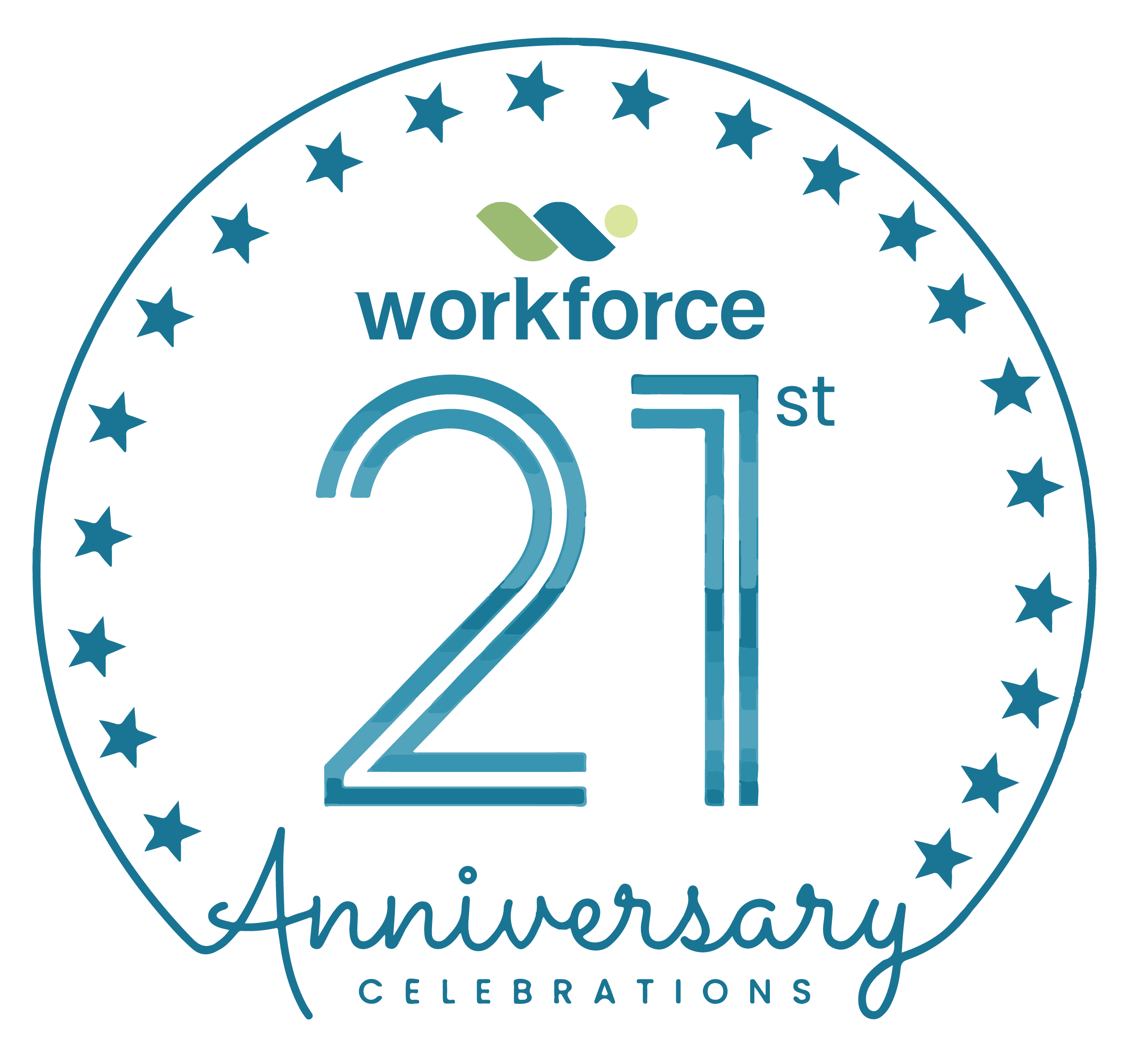Selecting the wrong outsourcing partner can create significant operational disruptions and financial losses. This content provides HR leaders with a comprehensive checklist for vetting potential partners, including evaluation criteria for cultural alignment, service capabilities, financial stability, and transition expertise. It addresses common pitfalls and provides guidance on conducting effective due diligence.
Introduction
Choosing the right service provider is critical to organizational success. Poor outsourcing decisions can cause setbacks, financial strain, and reputational risk. HR professionals involved in strategic workforce planning must prioritize Outsourcing Partner Due Diligence to ensure alignment in recruitment, payroll, compliance, and service delivery.
This guide offers a practical checklist covering cultural fit, service capability, financial health, compliance, and tech integration—helping you reduce risk and form partnerships that support long-term success.
1. Assess Cultural Alignment
Why It Matters
A successful outsourcing arrangement requires more than just a contractual agreement. Cultural alignment ensures that the provider’s values, work ethic, and communication style mesh well with your organization’s culture.
Misalignment in these areas can lead to misunderstandings, decreased morale, and eventually, the failure of the partnership. This is why Outsourcing Partner Due Diligence is essential—ensuring alignment from the outset can safeguard long-term success.
How to Apply It
- Conduct interviews with senior leadership from the potential provider to understand their company values and work philosophy.
- Evaluate their communication style and decision-making processes to ensure they match your organization’s collaborative approach.
- Request case studies or client references that highlight long-term partnerships, focusing on how they have maintained cultural synergy over time.
2. Evaluate Service Capabilities and Flexibility
Why It Matters
HR needs are dynamic, frequently evolving with business cycles and market demands. A rigid vendor can become a liability if they cannot scale or adapt to changing requirements.
Ensuring that your outsourcing partner offers flexibility in their service delivery is crucial for maintaining HR efficiency and effectiveness.
How to Apply It
- Request a comprehensive list of services offered, including flexibility for scaling workforce needs or back-office functions.
- Investigate their service delivery methods to ensure they can adapt to technological developments and increased demand.
- Ask for examples of past scenarios where they successfully adapted to a client’s changing needs.
3. Verify Financial Stability

Why It Matters
External partnerships are long-term commitments. A financially unstable provider could lead to disruptions in service delivery or, in worst-case scenarios, bankruptcy.
HR professionals must ensure their vendor’s financial health to avoid unexpected setbacks that could affect staffing, payroll, or compliance management.
How to Apply It
- Request audited financial statements from the past three to five years to analyze for consistent profitability and cash flow strength.
- Conduct a credit check and look for any red flags such as lawsuits, liens, or outstanding debts.
- Explore their investment in the business, such as technology upgrades and talent development, which indicates a commitment to long-term growth.
4. Check Compliance and Regulatory Adherence
Why It Matters
In highly regulated industries, non-compliance can result in heavy fines and reputational damage. It is critical that your service provider adheres to all relevant local and international regulations, particularly if they handle payroll, employee benefits, or data management.
As part of your Outsourcing Partner Due Diligence, thoroughly assess their compliance protocols to safeguard your organization from legal and operational risks.
How to Apply It
- Confirm their compliance certifications (e.g., ISO, GDPR) and audit history to ensure they meet industry standards.
- Review case studies of their compliance management in similar organizations and industries.
- Inquire about their internal compliance training programs and how they stay updated with regulatory changes.
5. Assess Technology Integration

Why It Matters
Modern HR operations rely heavily on technology—whether it’s for payroll processing, employee monitoring, or data analytics. Your outsourcing partner must be able to seamlessly integrate their systems with yours to enhance efficiency and data flow. As part of your Outsourcing Partner Due Diligence, evaluating technological compatibility is crucial to ensure smooth operations and long-term success.
How to Apply It
- Conduct a technical review of their systems to ensure compatibility with your existing HR software and platforms.
- Request a demonstration of their technology solutions, focusing on automation and data analytics capabilities.
- Evaluate their data security protocols to safeguard sensitive employee information from breaches.
6. Analyze Transition and Onboarding Plans
Why It Matters
The initial phase of an external partnership is critical for setting the tone of the relationship. A well-structured transition and onboarding plan ensures minimal disruption to HR operations, which is essential for maintaining business continuity. As part of your Outsourcing Partner Due Diligence, evaluating the provider’s onboarding process is key to ensuring a smooth and effective integration.
How to Apply It
- Request a detailed transition plan outlining timelines, key milestones, and responsibilities for both parties.
- Ensure there is a clear onboarding strategy for knowledge transfer, especially if the partnership involves complex HR processes like payroll management or compliance tracking.
- Discuss contingency plans for common transition challenges, such as data migration issues or service delays.
Conclusion
Outsourcing Partner Due Diligence is crucial for HR professionals seeking to build strategic, long-term partnerships. Selecting the right outsourcing partner goes beyond cost—it requires assessing cultural fit, service flexibility, financial health, compliance, and technology capabilities.
This due diligence ensures operational stability and innovation over time. By aligning your outsourcing decisions with business goals and demonstrating value, you gain leadership support and position yourself as a key driver of performance and growth. Use this checklist to guide your evaluation and unlock the full potential of outsourcing partnerships.
Workforce Outsourcing: Ready to Strengthen Your HR Function?
At Workforce Outsourcing, we empower HR professionals with advanced solutions that drive organizational success. Whether you’re seeking to streamline HR operations or enhance workforce productivity, we provide the support you need.
Email us at hello@workforcegroup.com or schedule a free 30mins consultation with the Head of Outsourcing business here to discover how our strategic HR solutions can elevate your organization

